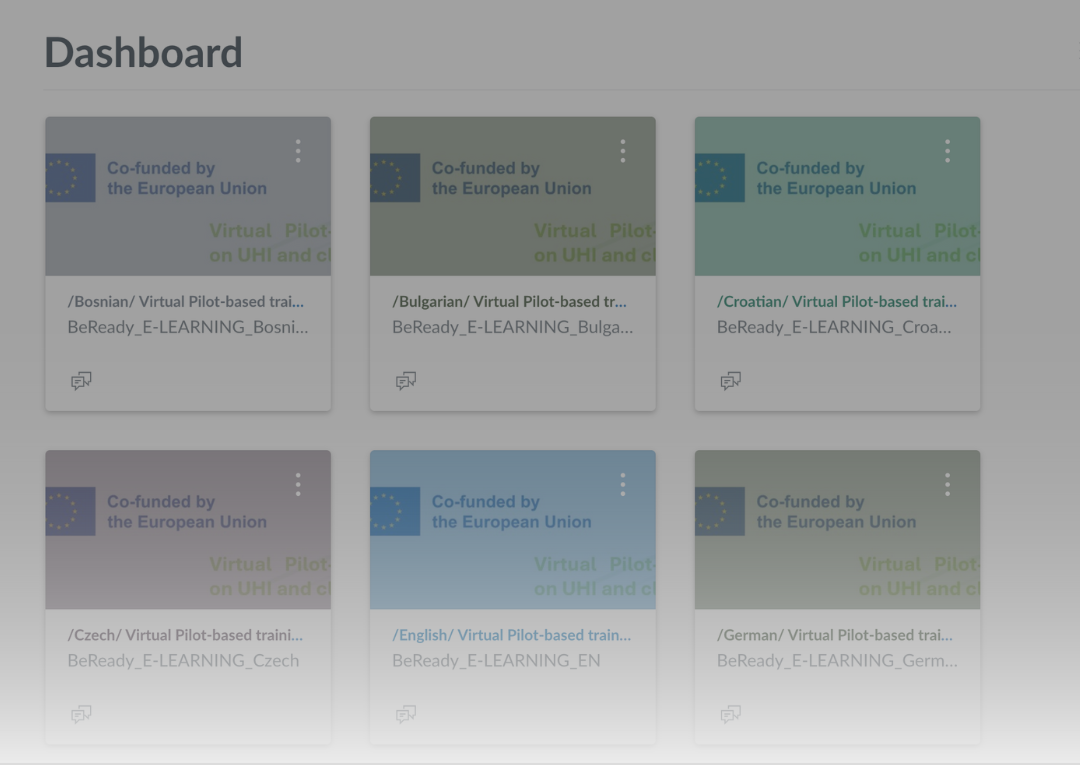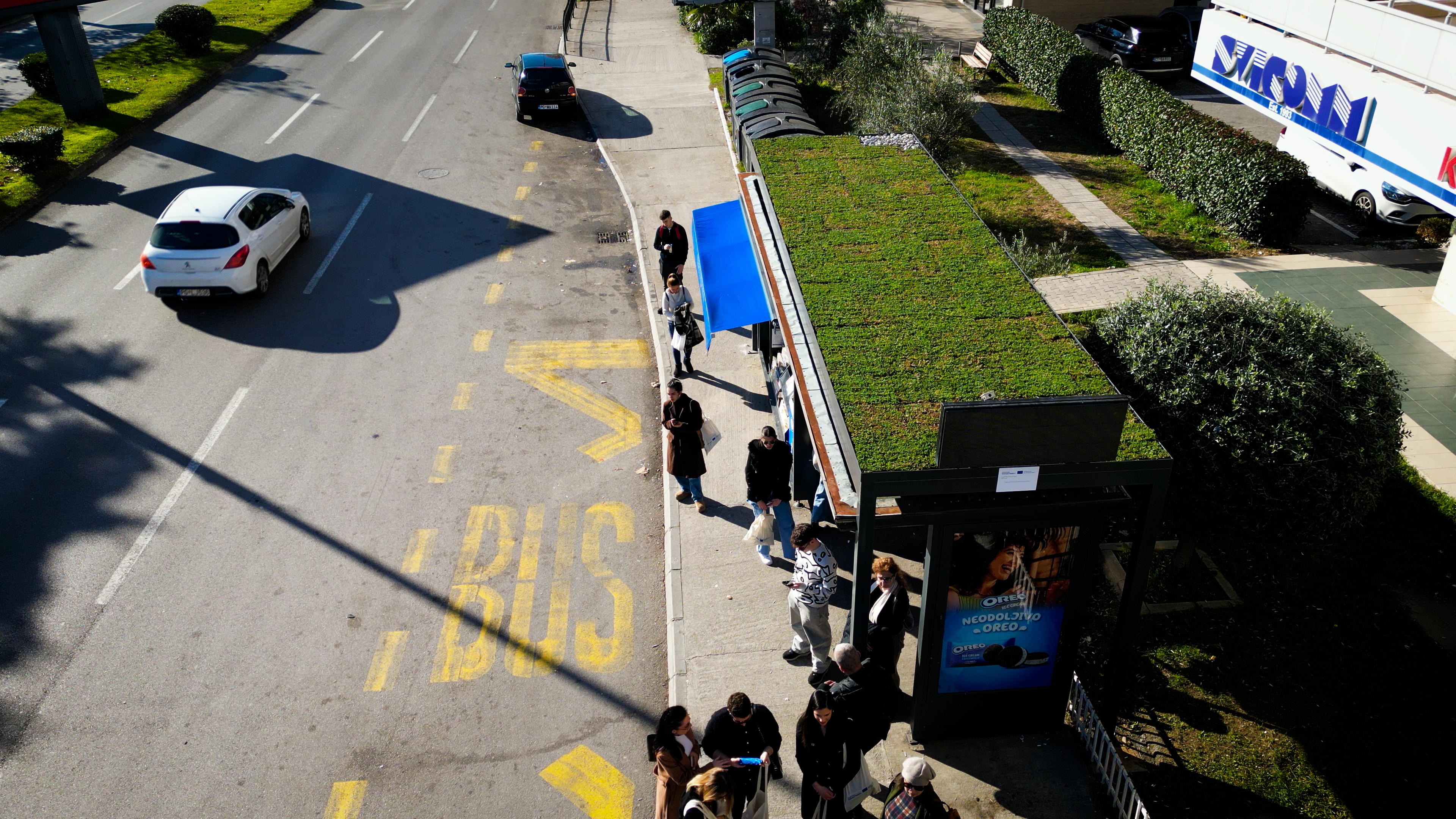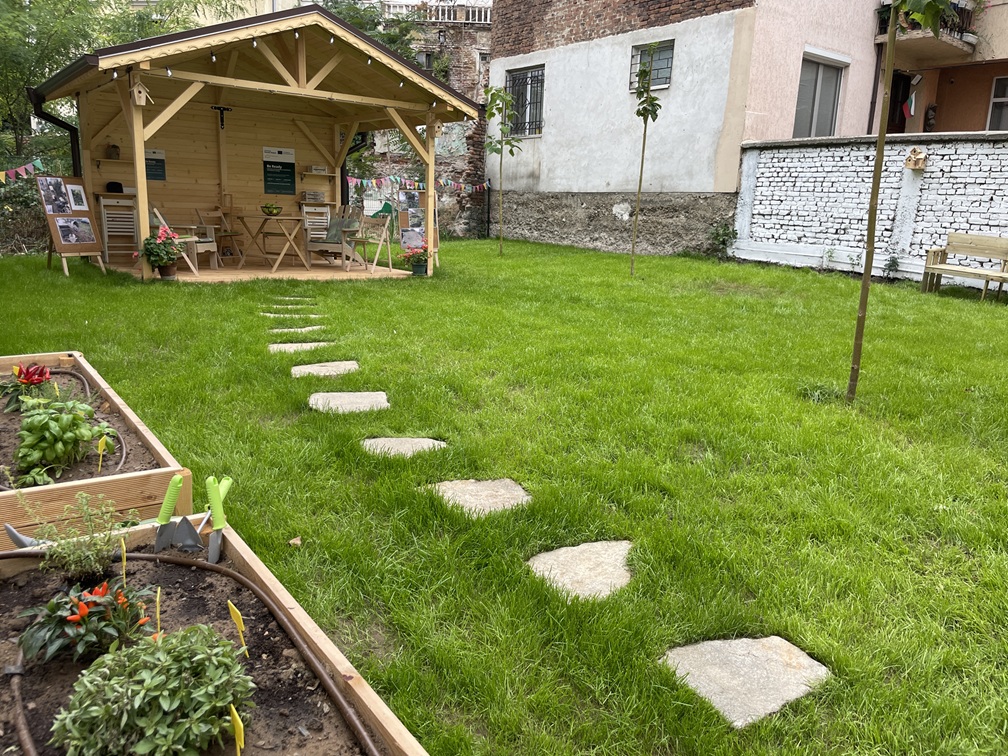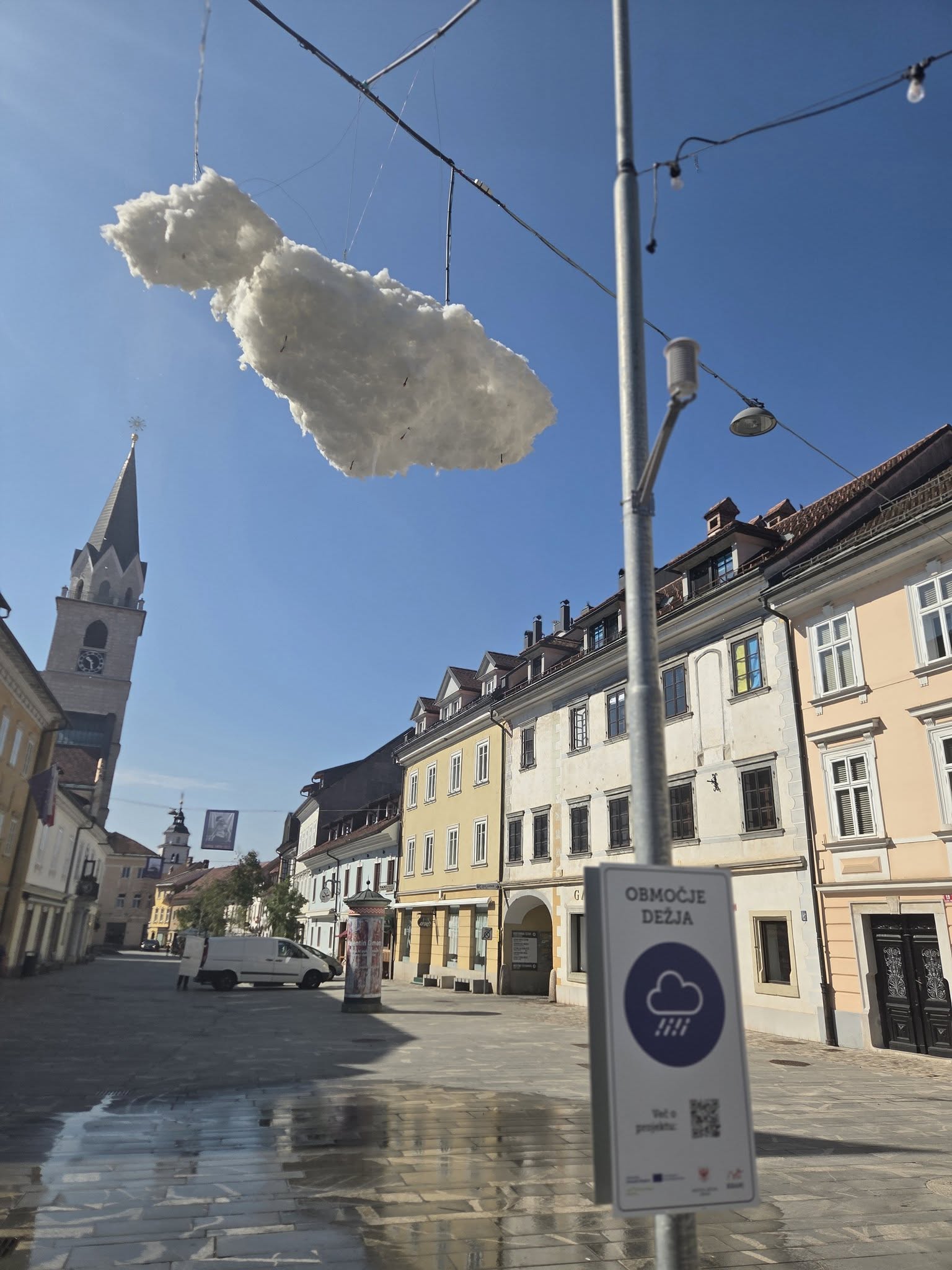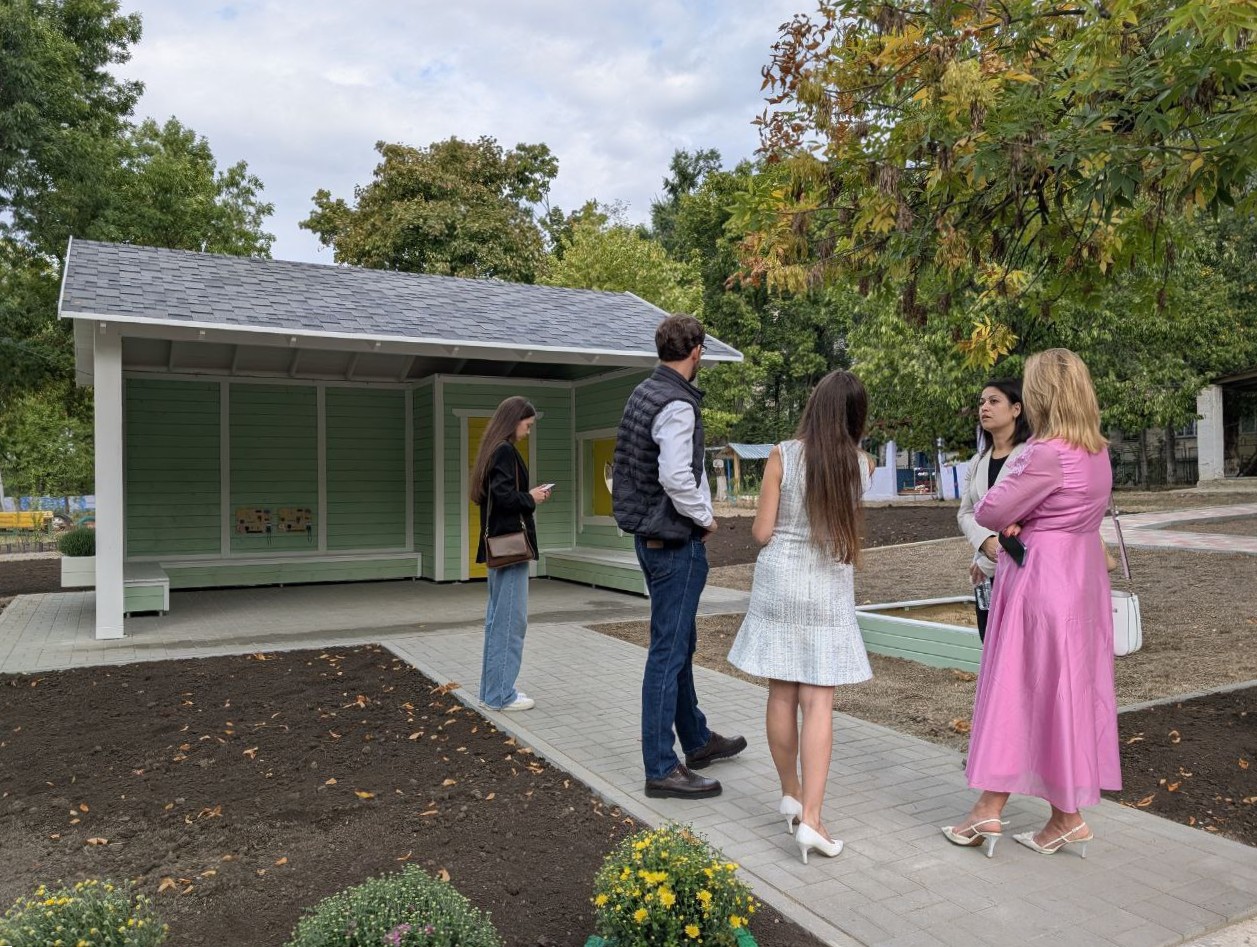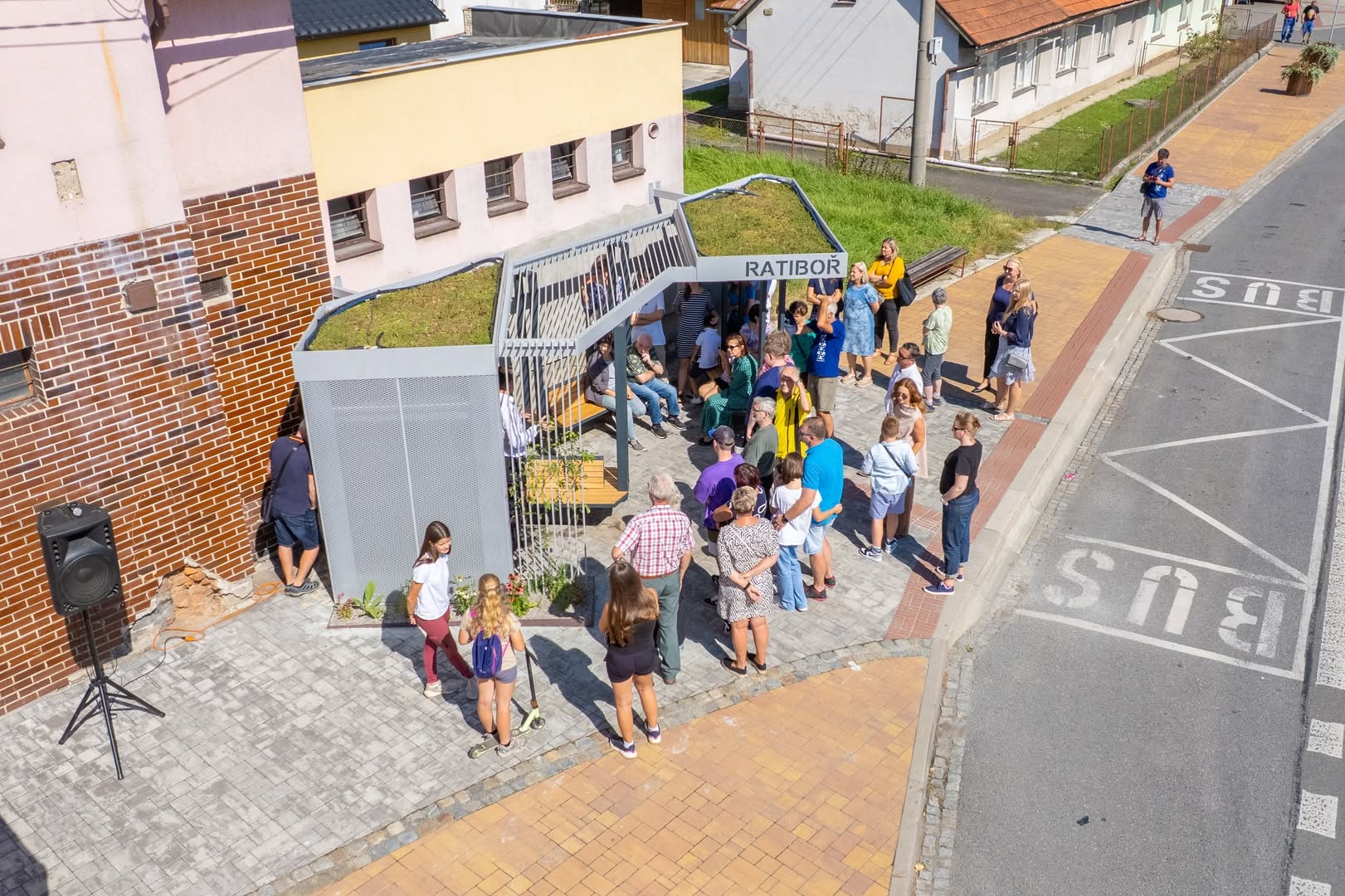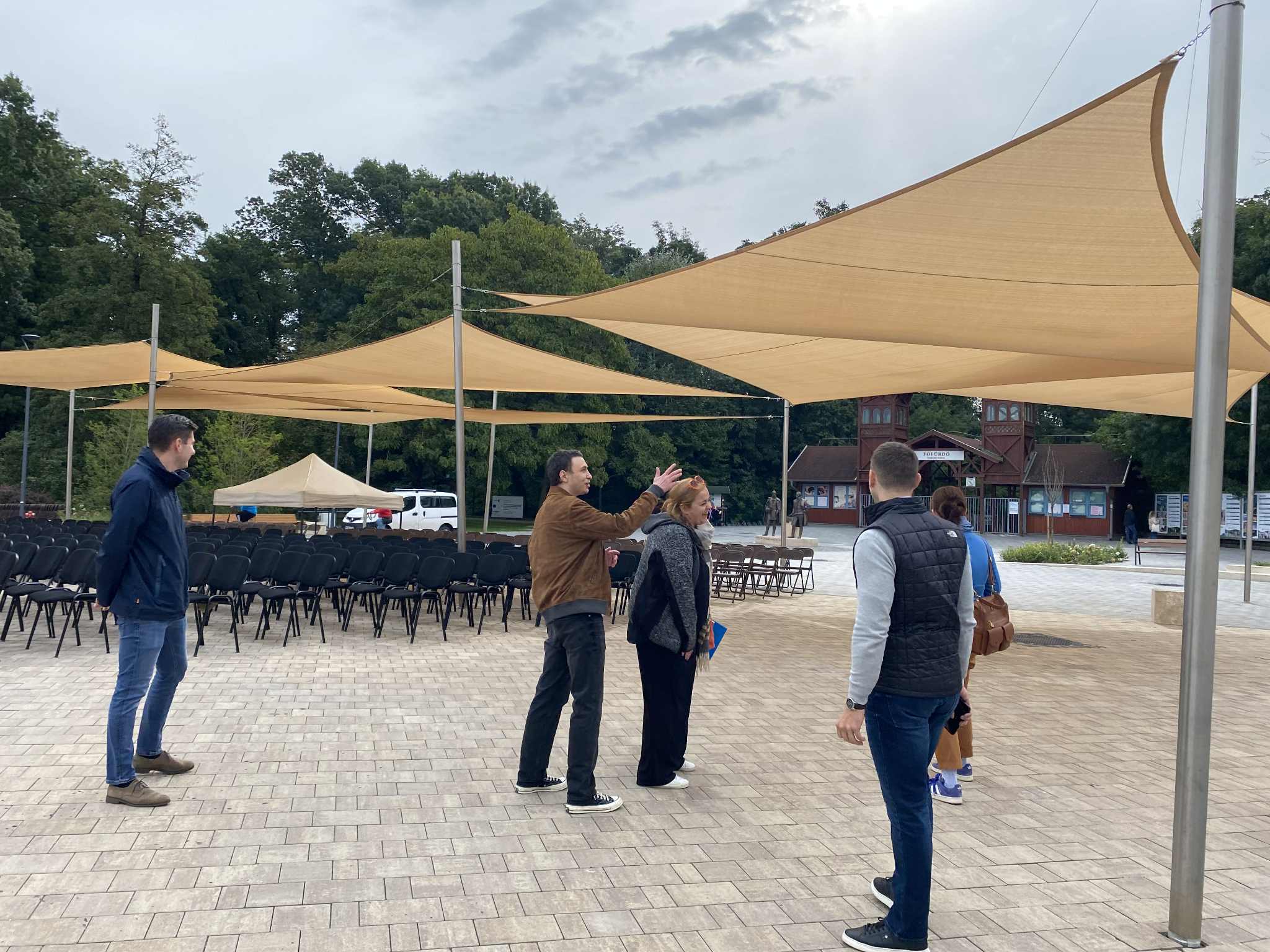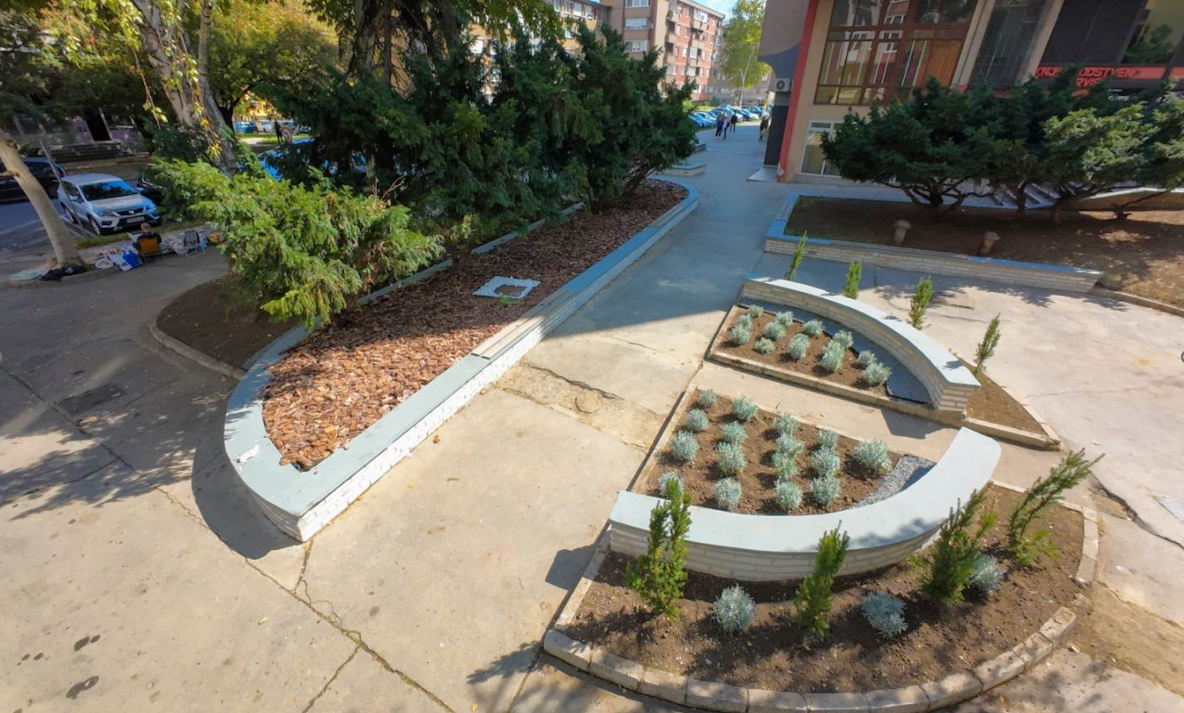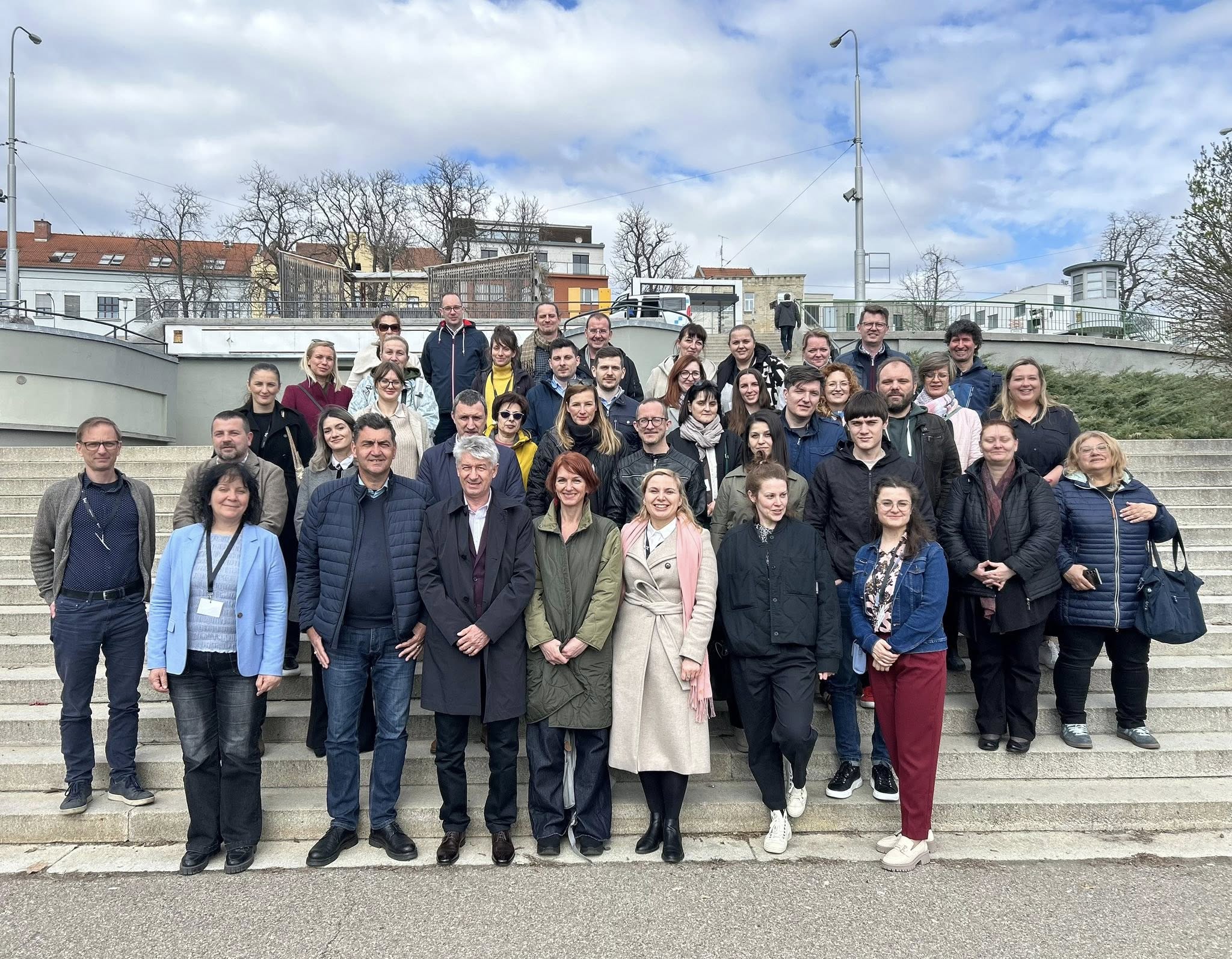
A Strong First Year for Be Ready: Consortium Prepares for Pilot Actions in Summer 2025
The Be Ready project has successfully completed its first year, receiving a positive evaluation from the Managing Authority of the Interreg Danube Programme. The annual partner meeting took place on April 1–2, 2025, in Brno, Czech Republic, hosted by t JINAG, with the participation of Mr. Gustav Čomor from the programme’s managing authority.
Over the past 12 months, 19 partners from 12 European countries have worked together to strengthen the capacity of cities in the Danube Region to respond to the challenges of urban heat islands (UHI). The achievements so far are notable:
Over 25 knowledge-sharing and dissemination events organized, with more than 230 participants;
Formation of local coalitions including 131+ external organizations;
Outreach to more than 95,000 citizens through online materials and local events;
Completion of UHI risk and vulnerability assessments in partner cities—some of which were carried out for the very first time.
This first year played a crucial role in raising awareness among local authorities, urban planners, civil society, and citizens about the growing risks posed by urban heat islands, particularly for vulnerable groups such as young children, the elderly, and people with chronic health conditions.
Throughout their work, partners identified significant institutional, technical, scientific, and capacity-related gaps in how cities are prepared to manage UHI causes and impacts. In response, the consortium developed an interactive online platform, now available at https://be-uhi-ready.net. The platform enables cities to assess their own vulnerability, explore best practices, and receive mentorship from Be Ready experts.
What’s next?
From July to September 2025, partner cities will implement a series of pilot actions aimed at mitigating UHI effects. These pilots will test innovative “green”, “blue” and “white” solutions—from urban greening and water features to the use of reflective surface materials. The goal is to evaluate how low-cost, localized interventions can improve microclimates and reduce the negative impacts of UHIs in vulnerable urban areas.
Importantly, residents will play an active role in these pilots, participating in events and co-creating actions that aim to make their neighborhoods more resilient, healthier, and better places to live.
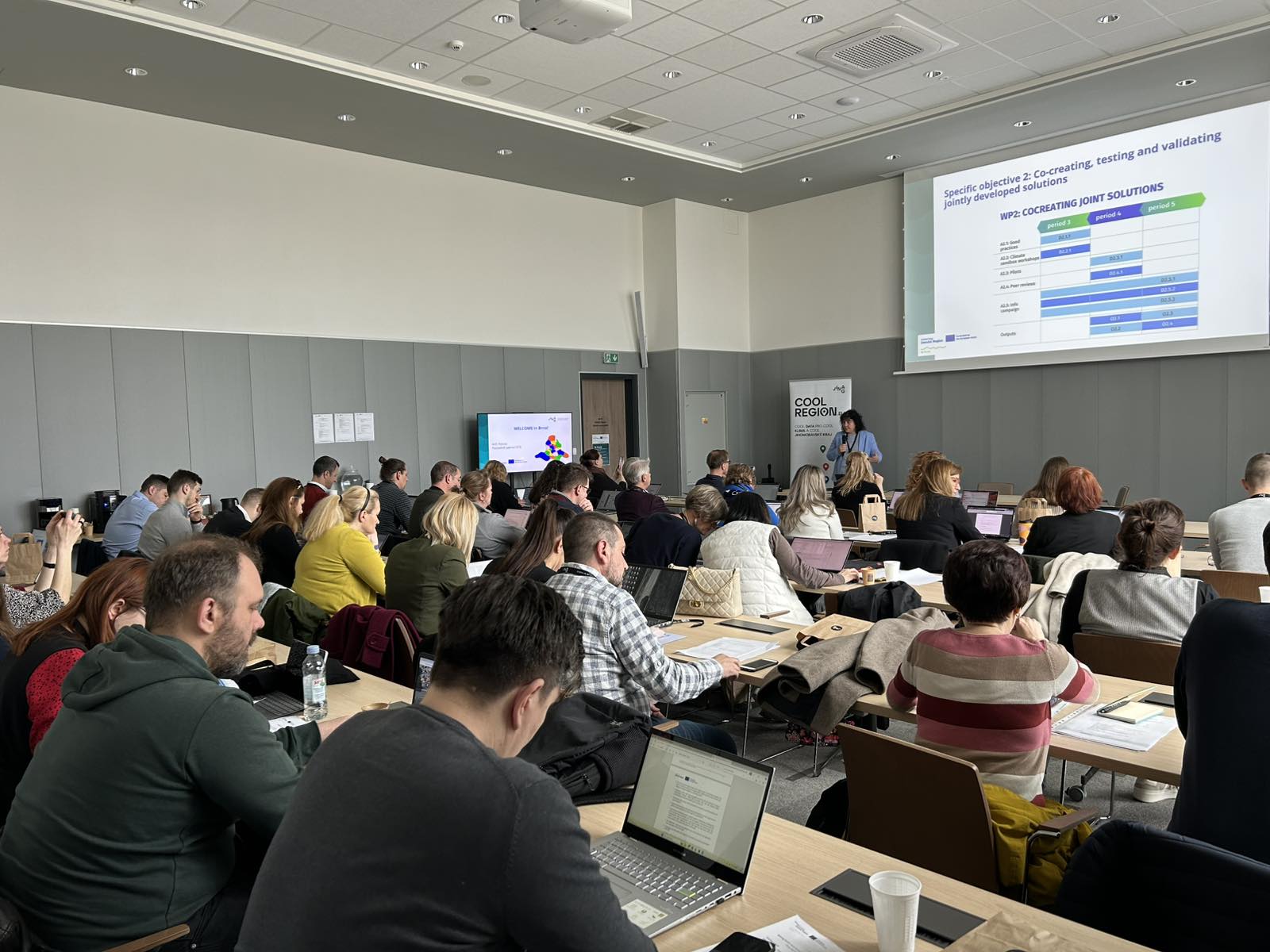
News & Events
Read the most recent updates and explore the upcoming events.



